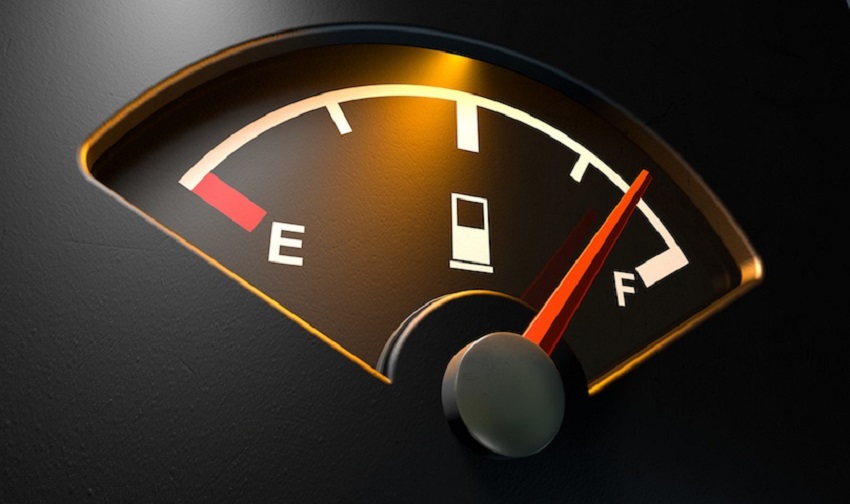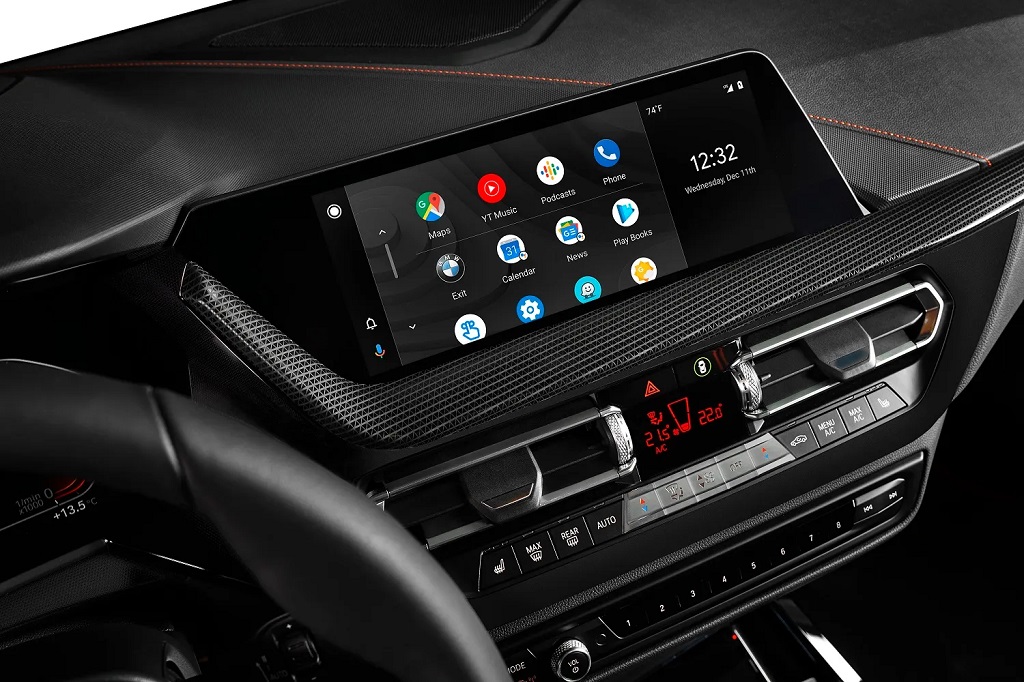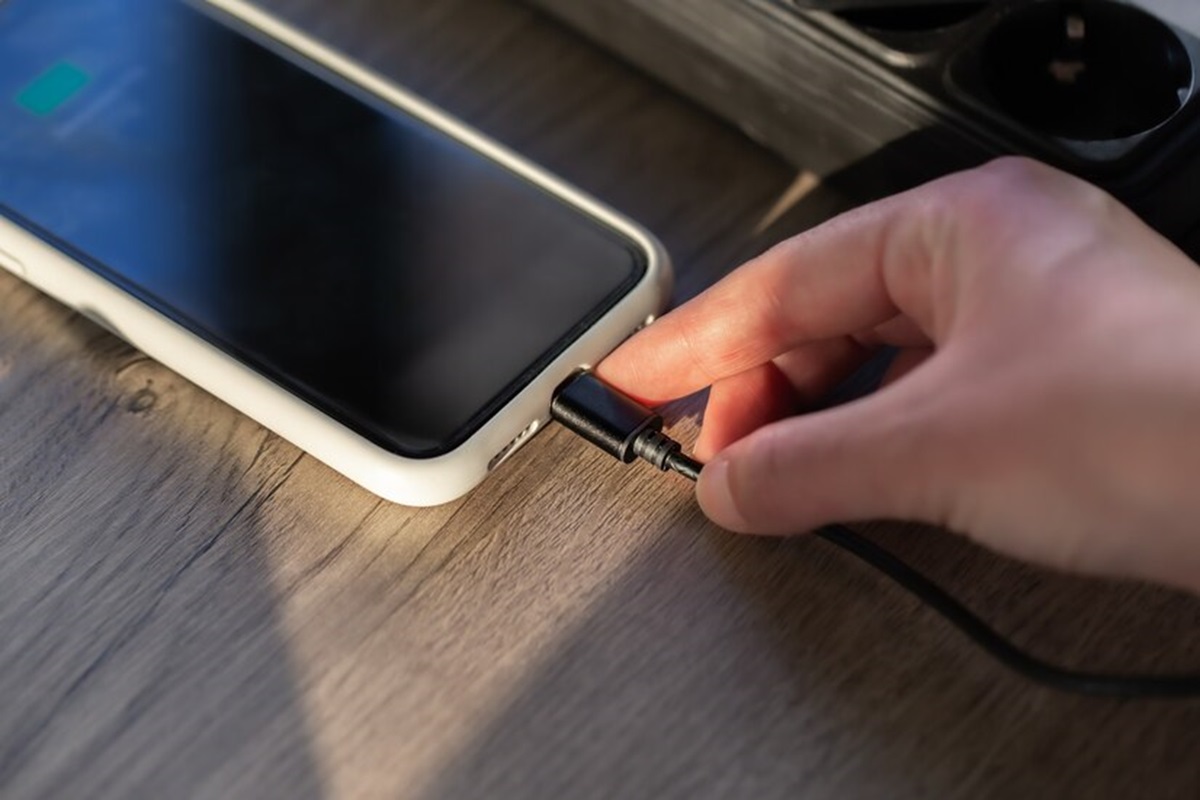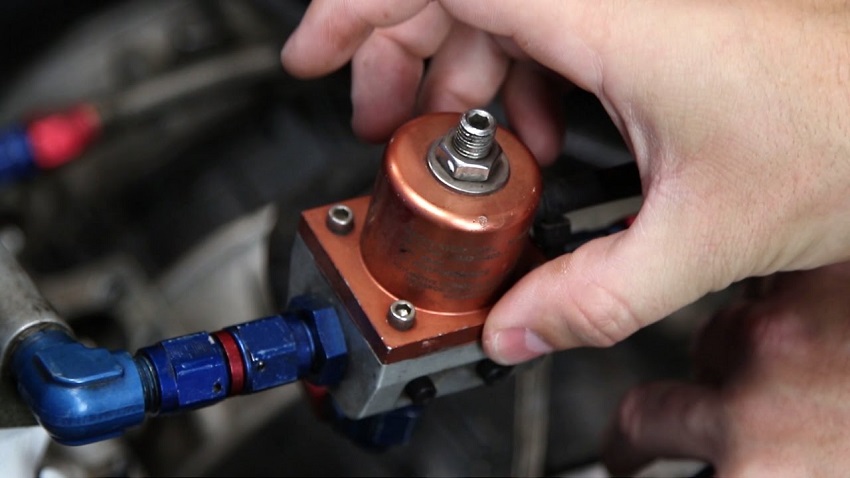What Happens When You Unplug a Fuel Pressure Regulator?
Have you ever wondered what happens when you unplug a fuel pressure regulator? The fuel pressure regulator is a crucial component in the fuel system of your vehicle. It plays a vital role in maintaining the right amount of fuel pressure to ensure the engine runs smoothly and efficiently. In this article, we will explore the consequences of unplugging a fuel pressure regulator and why it should never be attempted. This article is provided by tenkaichiban.com
Understanding the Fuel Pressure Regulator
Before we delve into the effects of unplugging the fuel pressure regulator, let’s understand its function. The fuel pressure regulator is responsible for controlling the amount of fuel that reaches the engine. It ensures that the fuel pressure remains constant, regardless of the engine’s load or RPM (revolutions per minute). This consistency is essential for optimal engine performance and fuel efficiency.
Unplugging the Fuel Pressure Regulator
Unplugging the fuel pressure regulator disrupts the delicate balance that it maintains. When the regulator is disconnected, the fuel pressure can skyrocket or drop significantly, depending on the design of the fuel system. This can cause the regulator to become stuck, preventing it from regulating fuel pressure properly. If you’re experiencing this issue, discover how to unstick a fuel pressure regulator in order to prevent severe problems and potential damage to the engine.
Surging Fuel Pressure
In some vehicles, unplugging the fuel pressure regulator may cause a sudden surge in fuel pressure. This excessive pressure can lead to fuel injector leaks, fuel line bursts, or damage to the fuel pump. The engine’s combustion process can be severely affected, resulting in rough idling, stalling, or even engine misfires.
Decreased Fuel Pressure
In other cases, unplugging the fuel pressure regulator might cause the fuel pressure to drop significantly. A decrease in fuel pressure can lead to insufficient fuel reaching the engine, causing it to run lean. Running the engine with a lean fuel mixture can lead to overheating, increased exhaust emissions, and potential damage to the catalytic converter.
Check Engine Light
When the fuel pressure regulator is disconnected, the engine control unit (ECU) detects the irregular fuel pressure and registers it as a fault. This triggers the check engine light on your dashboard, indicating a problem with the fuel system. Ignoring this warning and continuing to drive with the fuel pressure regulator unplugged can exacerbate the issues and lead to more severe damage to the engine.
Adverse Effects on Engine Components
Apart from the immediate consequences mentioned above, continuously running the engine with an unplugged fuel pressure regulator can cause long-term damage to various engine components. The increased or decreased fuel pressure can put additional stress on the fuel injectors, fuel pump, and other fuel system parts, leading to premature wear and failure.
Fuel Efficiency and Performance
Unplugging the fuel pressure regulator not only affects the engine’s performance but also reduces fuel efficiency. A poorly regulated fuel system will waste fuel and reduce the miles per gallon (MPG) of your vehicle, resulting in increased fuel costs over time.
Potential for Irreversible Damage
In extreme cases, the consequences of running the engine with an unplugged fuel pressure regulator can be irreversible. Catastrophic engine failure or damage may occur, necessitating costly repairs or even the need for a new engine.
Expert Advice
It is crucial to remember that tampering with the fuel pressure regulator or any vital component of your vehicle’s fuel system should never be attempted without proper knowledge and experience. If you suspect a problem with your fuel pressure regulator, seek the assistance of a qualified mechanic or automotive professional.
In conclusion, unplugging a fuel pressure regulator can have severe consequences for your vehicle’s engine and overall performance. The fuel pressure regulator plays a vital role in maintaining a consistent and optimal fuel supply, and tampering with it can lead to a host of issues. To avoid expensive repairs and ensure the longevity of your vehicle, it is best to leave any fuel system adjustments or repairs to the experts.
FAQs
Can I drive with an unplugged fuel pressure regulator for a short distance?
It is strongly advised not to drive with an unplugged fuel pressure regulator, even for a short distance. The potential damage to the engine and fuel system can occur rapidly and might leave you stranded.
How can I tell if my fuel pressure regulator is faulty?
Common signs of a faulty fuel pressure regulator include black smoke from the exhaust, difficulty starting the engine, poor fuel efficiency, and unusual engine noises.
Are there any temporary fixes for a malfunctioning fuel pressure regulator?
No, attempting temporary fixes for a malfunctioning fuel pressure regulator is not recommended. It is best to have it properly diagnosed and repaired by a qualified mechanic.
Can a clogged fuel filter mimic the symptoms of a faulty fuel pressure regulator?
Yes, a clogged fuel filter can cause similar symptoms to a faulty fuel pressure regulator. It is essential to have both components checked if you experience any fuel system-related issues.
Is it safe to unplug and clean the fuel pressure regulator?
Cleaning the fuel pressure regulator requires expertise and specialized tools. It is not recommended for inexperienced individuals to attempt this, as it can lead to further damage if not done correctly.











